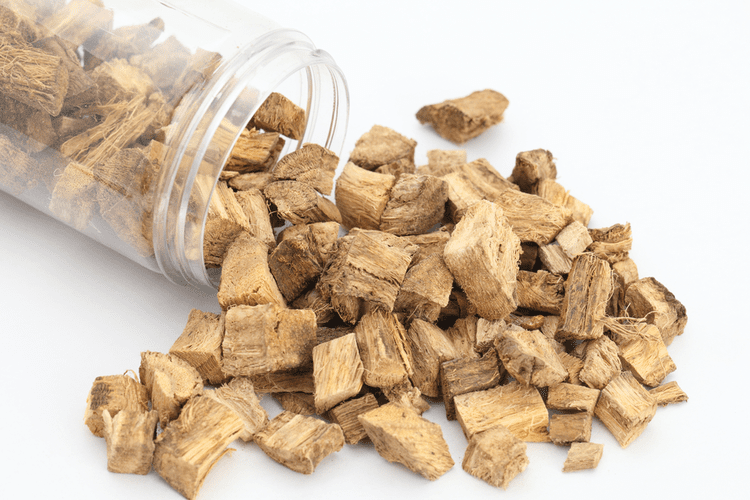You can suggest resources such as Alcoholics Anonymous (AA), outpatient therapy programs, or inpatient programs for more intensive support. Building a support network is vital for your mental and emotional well-being. Connect with trusted friends, family members, or a therapist who can provide guidance, understanding, and validation.
The Critical Role of Therapy and Counseling in Alcohol Recovery
It is a common issue in the recovery journey from alcohol addiction and can hinder progress towards sobriety. One of the hardest but most important steps in helping an alcoholic in denial is setting clear boundaries. This isn’t https://numberone.co.in/alcohol-and-allergies-does-it-make-them-worse-2025-5/ about punishment, but about creating an environment where their actions have consequences. Be firm and consistent in your boundaries—this is essential for making progress. It can be painful and scary watching someone you love struggle with alcohol addiction.

Understanding Denial in Alcoholism
If you feel like you’re losing your temper or need a moment to gather your thoughts, people will help you steer the conversation in the right direction. A network can help you deal with this situation, but at the same time, they can also offer different points of view on the best approach to confronting the alcohol abuser. These feelings are normal, but they can be worked on by attending one-on-one and group therapies, as well as Al-anon and 12-step groups intended for family members of addicts. There is also a place for intervention by family and friends, depending on the circumstances of the addict and the addiction. Reach out to a mental health professional for guidance on staging an intervention. As a loved one of an addict, denial is painful, but know that things can change, and the addict will most likely admit defeat over their addiction eventually.
- It may involve reaching out to a trusted friend, family member, or healthcare professional for support.
- The truth is, if you enable this behavior, you’re simply perpetuating a vicious cycle of addiction.
- Suggesting they enter rehab, read one of our help guides or speak to their GP can all be very beneficial.
- The physician-led facility offers medical detox, residential rehab and partial hospitalization programs.
- High-functioning alcoholics who drink for decades risks developing cirrhosis, cancer, and heart disease.
Point Out Specific Changes or Behaviors
Engaging in denial, rationalization, evasion, defensiveness, manipulation, and resistance are characteristics that are often attributed to substance users. Furthermore, because these responses can be barriers to successful treatment, clinicians and interventions often focus on these issues. Research, however, has not supported the conclusion that substance-dependent persons, as a group, have abnormally robust defense mechanisms. Medical supervision during detox is crucial, as it ensures the safety of the individual and provides immediate care for serious complications like seizures or delirium tremens (DTs). Inpatient settings are often recommended for those with a history of heavy alcohol use or significant withdrawal symptoms.

However, the façade of control and stability typically masks an underlying problem with alcohol that can be just as severe and damaging as more overt forms of alcoholism. Keeping a diary may also be part of the treatment process for alcoholism. The individual will have to keep a record of their daily alcohol intake and the circumstances surrounding their how to confront an alcoholic in denial alcohol use.
How to Address the Problem with an Alcoholic Spouse
Start by gathering information and resources on substance abuse to understand the disease better. Recognize your emotions, such as fear, anger, or guilt, and set boundaries for your own wellbeing. Breaking through the wall of denial is often the first major hurdle in the journey towards recovery.
They get defensive when confronted about their drinking
After the conversation, assistance from family, friends, or any other support group can help you stay strong and focused on the person’s recovery journey. For instance, “Let’s keep meeting regularly to discuss how we can continue supporting you through this process” is a good closing statement. A therapist or heroin addiction counselor can help you figure out how to start the talk and deal with how the other person reacts. “We’ve all decided to share our feelings and concerns with you, expressing how much we truly care.” Obtaining emotional and practical support from trusted relatives or friends can help express the shared concerns of several loved ones.



